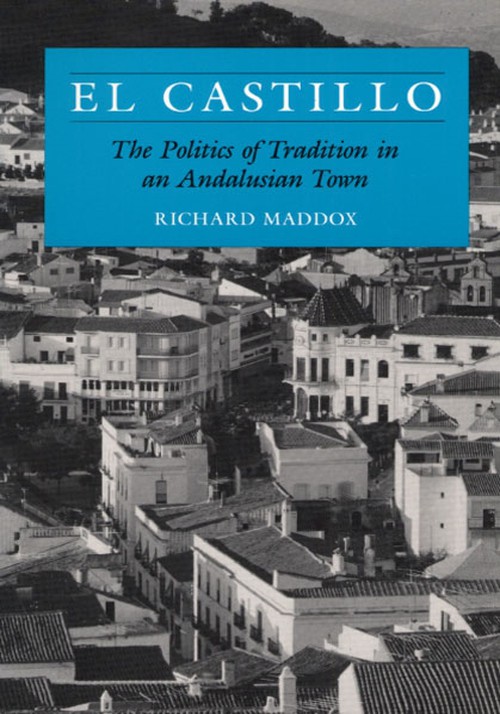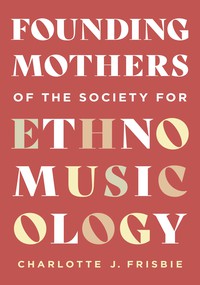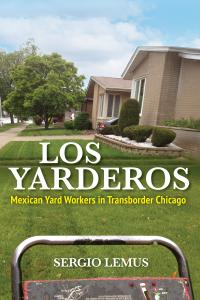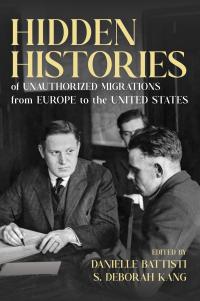
El Castillo
About the Book
In his innovative ethnographic history of the southwestern Spanish town of Aracena, Richard Maddox explores how tradition has been authored, what it has authorized, and to what extent it has been authoritative. His investigation of the cultural, political, and religious discourses and practices of various socioeconomic groups in Aracena offers a richly detailed view of how both leading citizens and ordinary townspeople have interpreted, used, and contested traditions over the last three centuries.Maddox argues that we can best understand culture in complex societies by taking into account the ways in which institutionally generated discourses and practices articulate with the informal, improvisational, and commonsense speech and customs that guide the conduct of everyday life. He bases his study on a wide range of published and unpublished materials, including biographies, notarial records, wills, tax and voting lists, historical surveys, records of property transactions and town council meetings, privately held documents, and interviews with men and women of Aracena.
Through a genealogical approach to traditional culture, Maddox demonstrates that traditions repeatedly have been transformed and reinvented in accordance with shifts in relationships of power and in response to changing political and socioeconomic conditions.
About the Author
Richard Maddox is an assistant professor of anthropology at Augustana College.Reviews
Blurbs
"Brilliantly weaves history and ethnography, providing a gemlike micro-sociological portrait of Spain's emergence into modernity. Innovative, logical, and elegant, this work signals a powerful new voice in Iberian studies. It deserves a wide audience."--David D. Gilmore, State University of New York at Stony Brook






